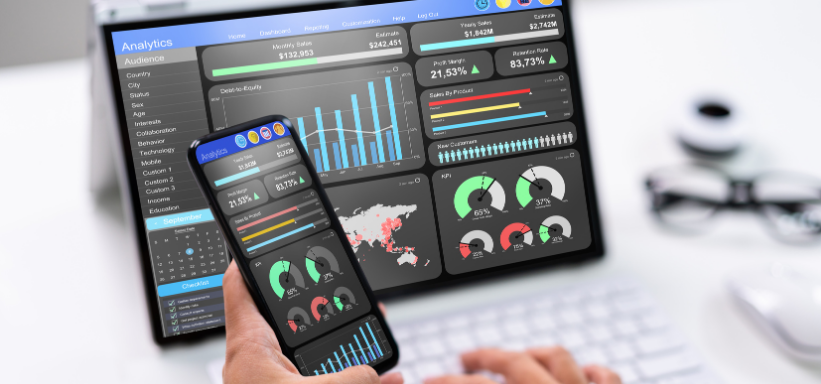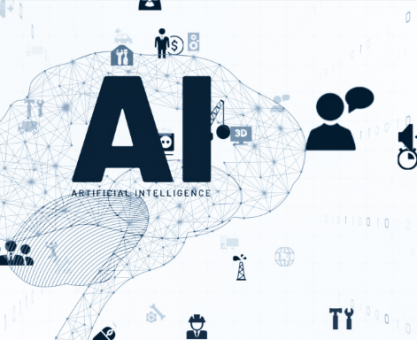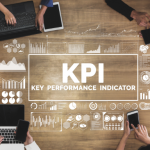Executive Summary
-
AI is transforming how impact investing metrics are collected and analyzed.
-
Accurate data-driven insights can significantly enhance sustainability outcomes.
-
Investors can use AI to measure impact more precisely, ensuring alignment with ESG goals.
-
Challenges include data privacy, AI bias, and the need for standardized metrics.
-
Expert insights suggest AI will continue to evolve, offering new opportunities in impact investing.
Introduction
In today’s rapidly evolving financial landscape, impact investing is gaining traction for its potential to generate positive social and environmental outcomes alongside financial returns. However, measuring the true impact of investments can be complex. Enter artificial intelligence (AI), a powerful tool that is revolutionizing how we approach impact investing metrics. For investors and corporates committed to environmental, social, and governance (ESG) principles, understanding AI’s role in impact metrics is crucial for making informed, data-driven decisions. This article explores how AI is reshaping impact investing metrics and what this means for sustainable finance.
Definitions / Context
Impact Investing Metrics: These are measures used to assess the social and environmental outcomes of investments. They traditionally rely on various qualitative and quantitative data sources.
Artificial Intelligence (AI): AI refers to the simulation of human intelligence processes by machines, especially computer systems, to perform tasks such as learning, reasoning, and self-correction.
Benefits / Pros
-
Enhanced Data Analysis: AI can process large datasets quickly, identifying patterns that humans might miss.
-
Predictive Analytics: AI can forecast the potential impact of investments, aiding in strategic decision-making.
-
Efficiency: Automating data collection and analysis reduces time and costs, allowing focus on strategic goals.
-
Precision: AI improves the accuracy of metrics, ensuring investments align with specific ESG outcomes.
Risks / Cons / Challenges
-
Data Privacy Concerns: Handling sensitive data requires stringent privacy measures.
-
AI Bias: If AI is built on biased data, it can perpetuate existing inequalities in impact assessment.
-
Lack of Standardization: Without standardized metrics, comparing outcomes across investments can be challenging.
How to Integrate AI in Impact Investing Metrics
-
Assess Needs: Determine what metrics are crucial for your investment strategy.
-
Select Tools: Choose AI tools and platforms that align with your goals.
-
Data Collection: Gather relevant data ensuring it is high-quality and comprehensive.
-
Algorithm Development: Develop AI algorithms tailored to your specific metrics.
-
Implementation: Integrate AI systems into your investment processes.
-
Monitor and Refine: Continuously evaluate AI outputs and refine algorithms as necessary.
A mid-sized investment firm used AI to evaluate the social impact of its renewable energy projects. By implementing AI-driven analytics, the firm identified inefficiencies in energy distribution and optimized resource allocation, resulting in a 20% increase in community energy access.
Case Study: AI in Renewable Energy Impact Analysis
Expert Tips / Strategic Insights
-
Stay Updated: AI technologies are rapidly evolving; keeping abreast of the latest developments is crucial.
-
Collaborate with Experts: Partner with AI specialists to ensure the effective deployment of technology.
-
Regulatory Compliance: Ensure all AI applications adhere to relevant regulations and ethical standards.
Tools / Resources / Calculators
-
Global Impact Investing Network (GIIN): Offers resources and tools for measuring impact.
-
IRIS+ System: A comprehensive system for impact measurement and management.
-
AI Platforms: IBM Watson, Google AI, and Microsoft Azure offer AI solutions for impact investing.
Conclusion
AI is transforming impact investing by providing accurate, data-driven insights that enhance decision-making and align with ESG objectives. Despite challenges such as data privacy and standardization, the integration of AI into impact metrics offers significant potential for improving sustainability outcomes. Embracing AI not only supports better investment decisions but also advances the broader goals of sustainable finance.























